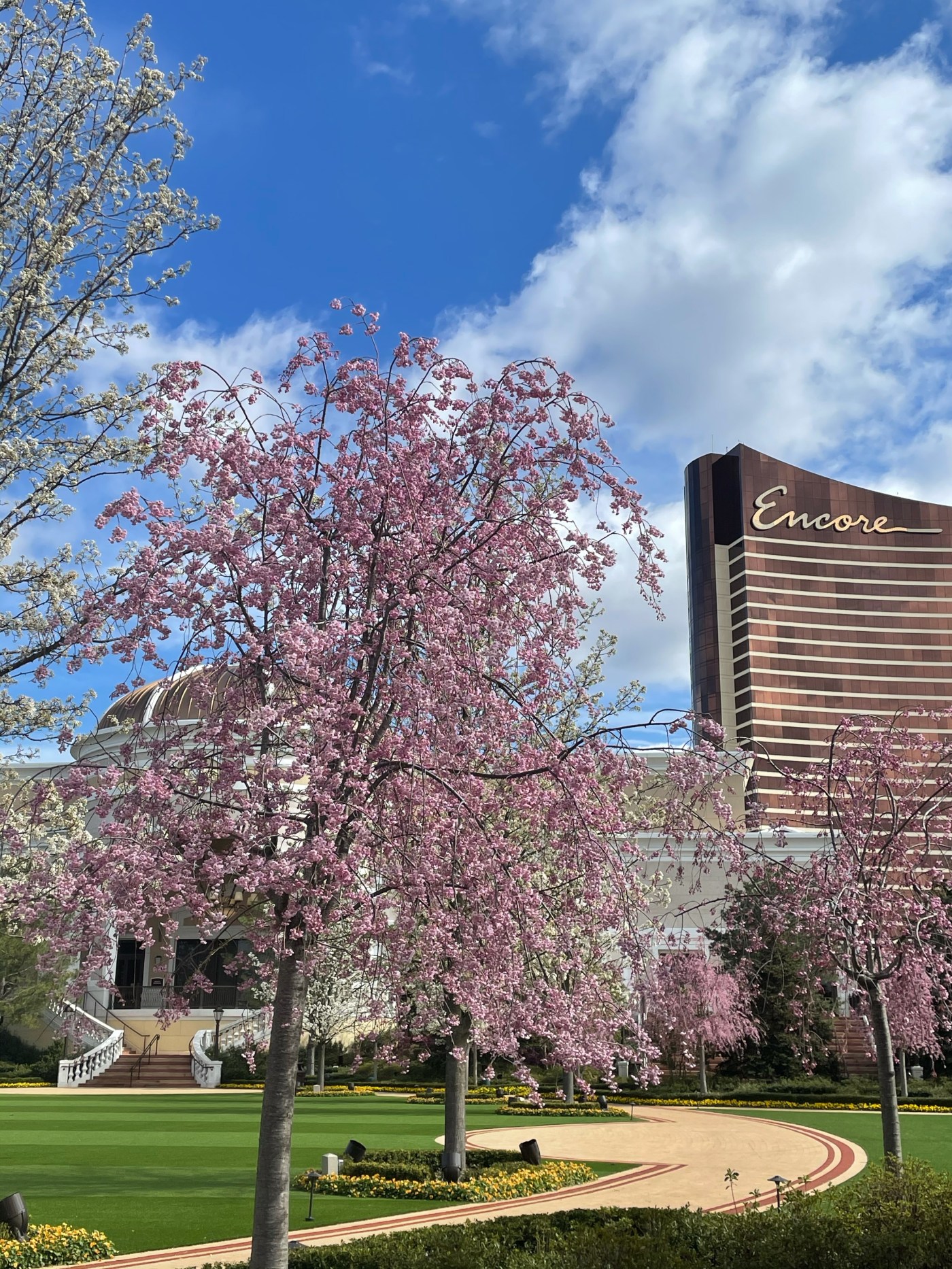
Gaming Commission uncertain of plan to change control of casino liquor sales
If it’s not broken, why try to fix it?
That seemed to be the unanimous response of the Massachusetts Gaming Commission on Thursday to a proposal by the state Legislature to shift control over the liquor licensing process at the state’s gambling facilities away from the commission and its staff.
The proposal, contained within the House’s fiscal 2025 budget plan, would see the licensed bars and restaurants at the state’s three casinos fall under the control of the Alcoholic Beverages Control Commission, like nearly every other victualler in the commonwealth.
As the state’s regulations are written, the activities of those licensees are overseen by the Gaming Commission’s Investigations and Enforcement Bureau, who carry out enforcement alongside members of the Massachusetts State Police.
Commissioner Brad Hill suggested the commission work with the lawmakers and staff from both House and Senate Ways and Means committees to “let them know there are some concerns that we have about jurisdiction.”
“I think a conversation between the ABCC, the MGC, and Ways and Means Committees needs to take place to figure out what it is that we’re trying to accomplish here,” Hill said.
The same language is not contained in the Senate’s fiscal 2025 budget offering, Hill noted, meaning it will likely become a point of contention that comes up in a future conference committee.
The model the state’s casinos have used since their opening, with the Gaming Commission approving their licenses to sell liquor along with their gambling credentials, “as it stands, works very well,” MGC Investigations Bureau Director Caitlin Monahan said while agreeing that the change could cause some jurisdictional concerns for her enforcement teams.
“I would just note, members of the IEB, including the Gaming Agent Division and the State Police, through the (Gaming Enforcement Unit), are on site at the three casinos 24-hours a day, seven days a week, 365 days a year,” Monahan said. “Because of that, we are able to consistently monitor alcohol-related activity and then respond very quickly when noncompliance happens.”
As things stand, the commission has a “range of tools” to respond to casino operators who are working outside the law, Monahan said. The commission could, for instance, require a casino to use a particular size shot glass if they are found to be over-pouring alcohol, issue notices and reminders of the rules, or levy fines for noncompliance.
“We do believe now that the process now is robust, collaborative, and that it works very well,” Monahan said.
Gaming Commission General Counsel Todd Grossman said that the House proposal “could create complications” for the Commission.
“Without getting too granular, I would note that there are some areas where we would express some concern,” Grossman said.
There doesn’t appear to be anything wrong with the current model, Acting Chair Jordan Maynard said.
“The MGC is doing a great job already in this space,” Maynard said. “We’re already well positioned to do what we’re doing today.”


